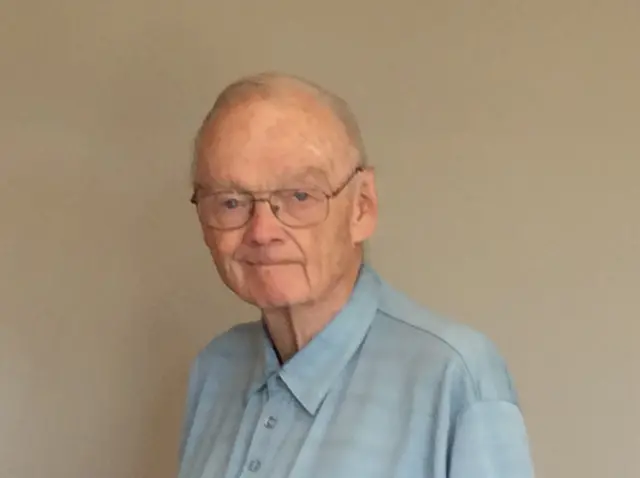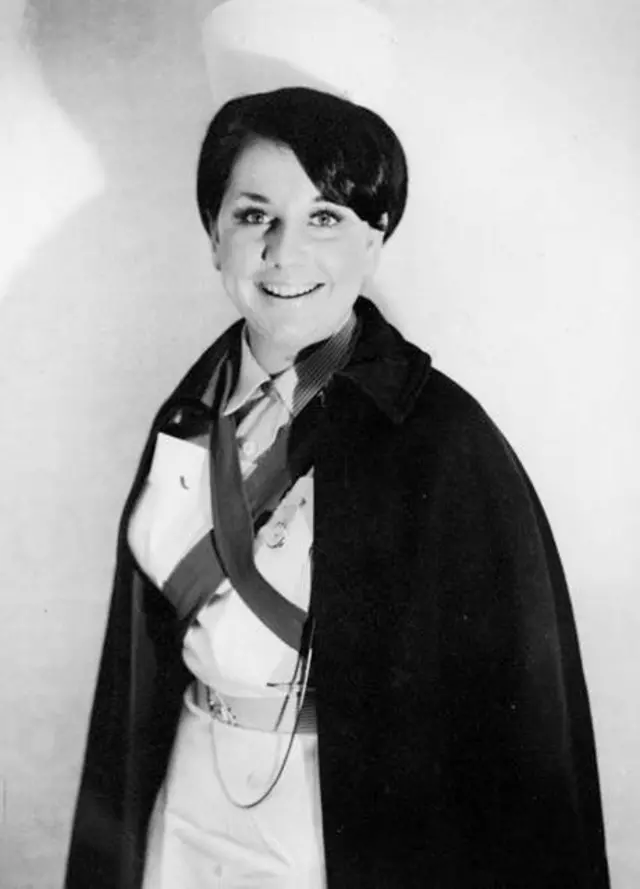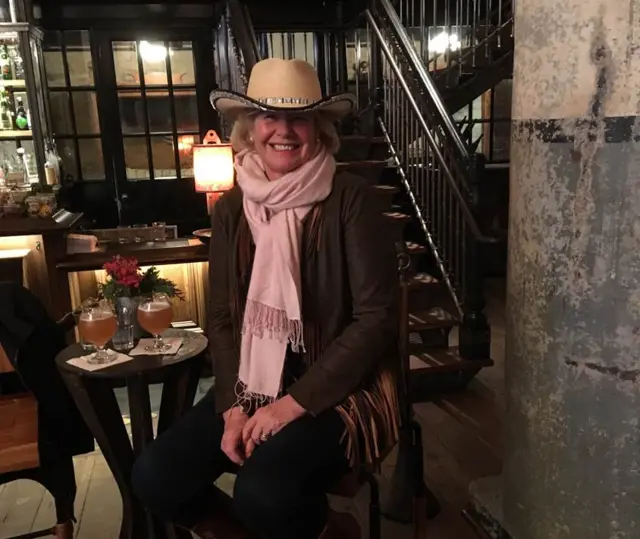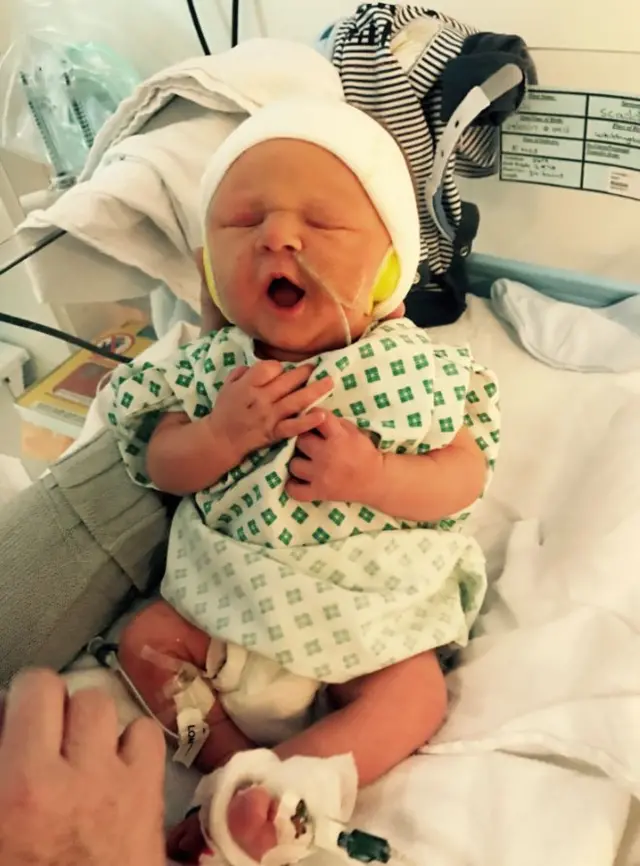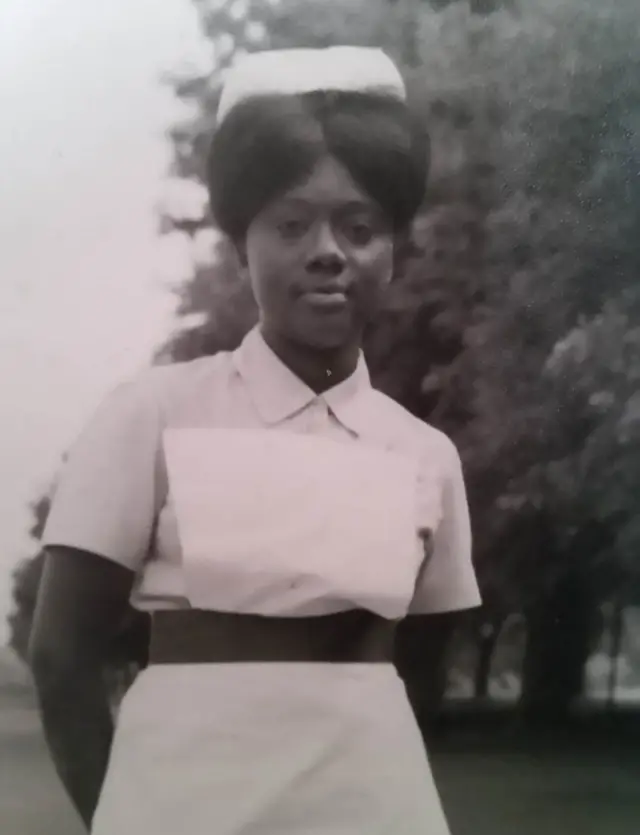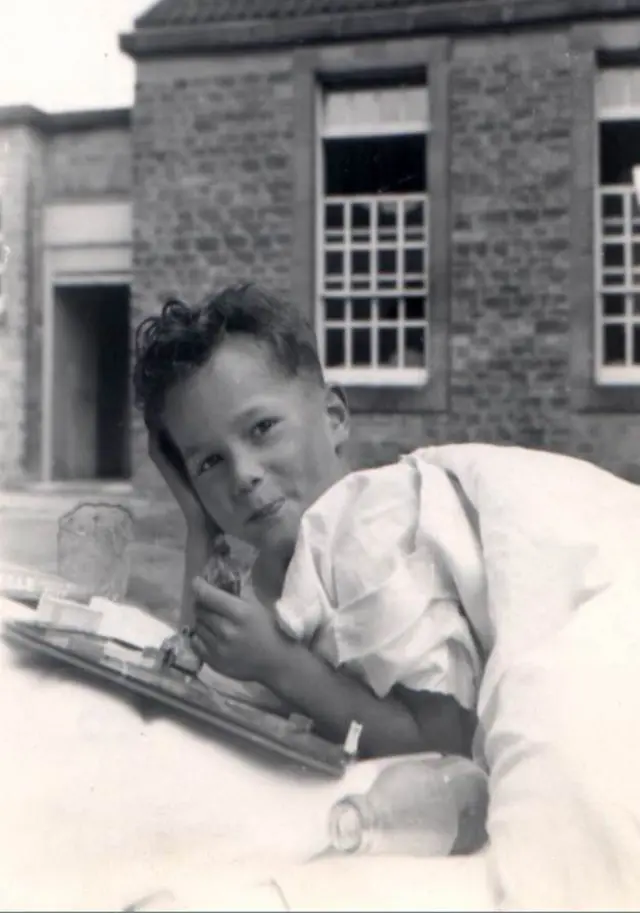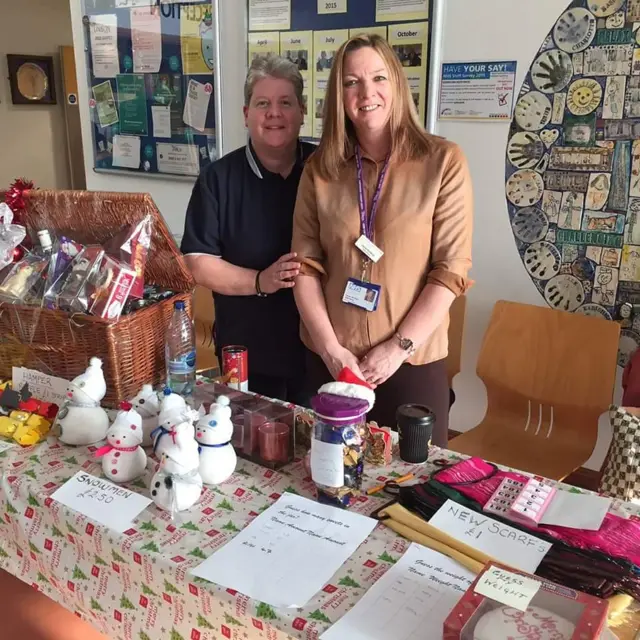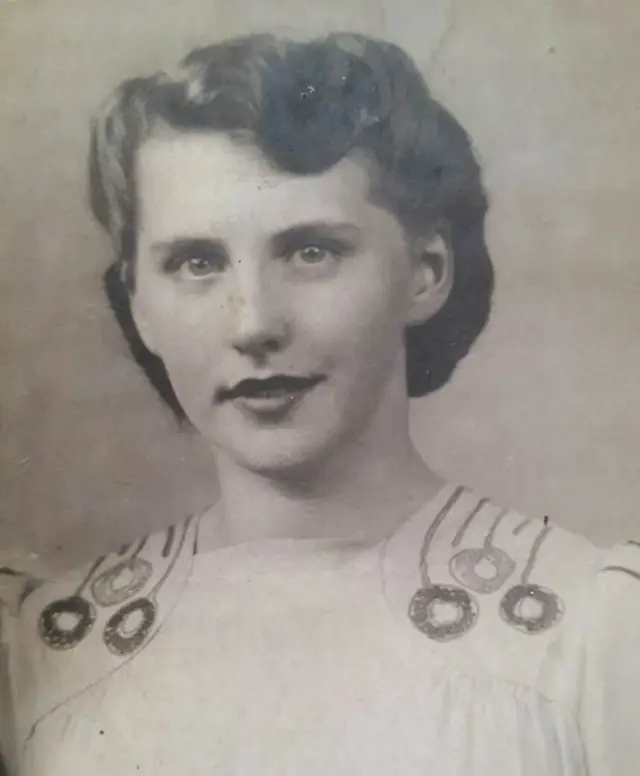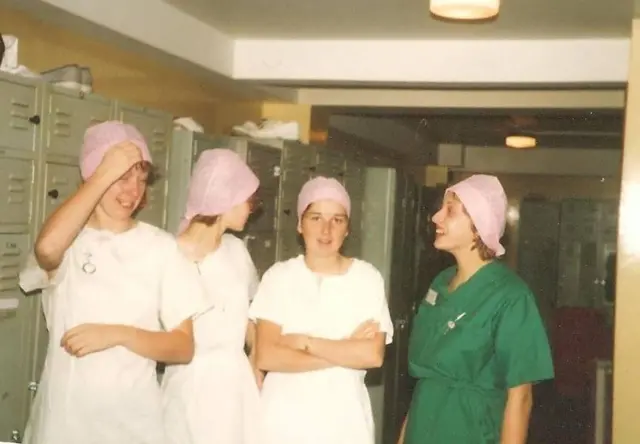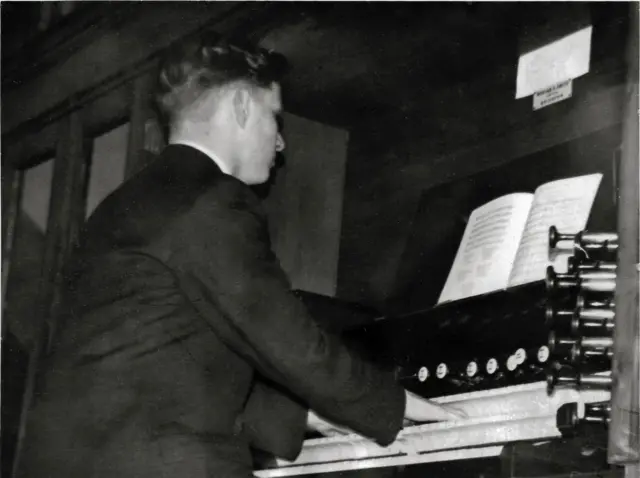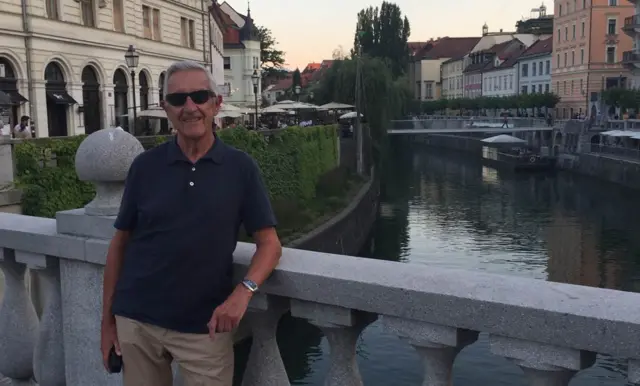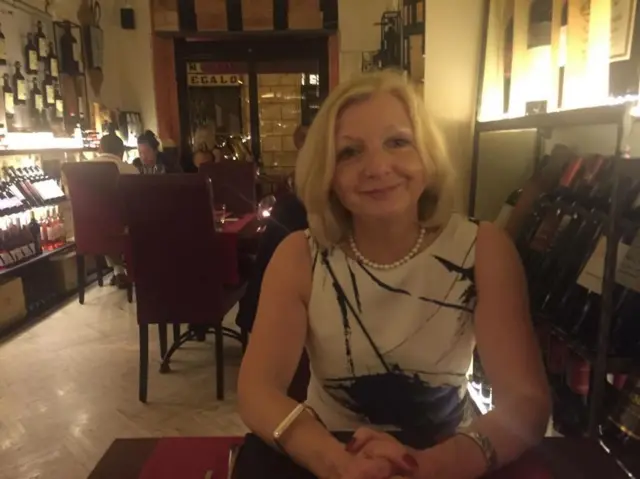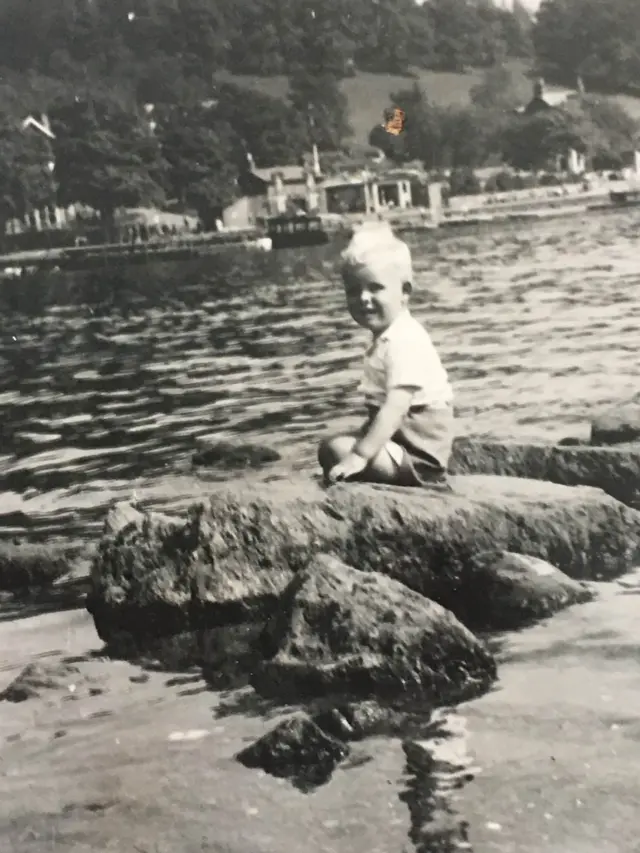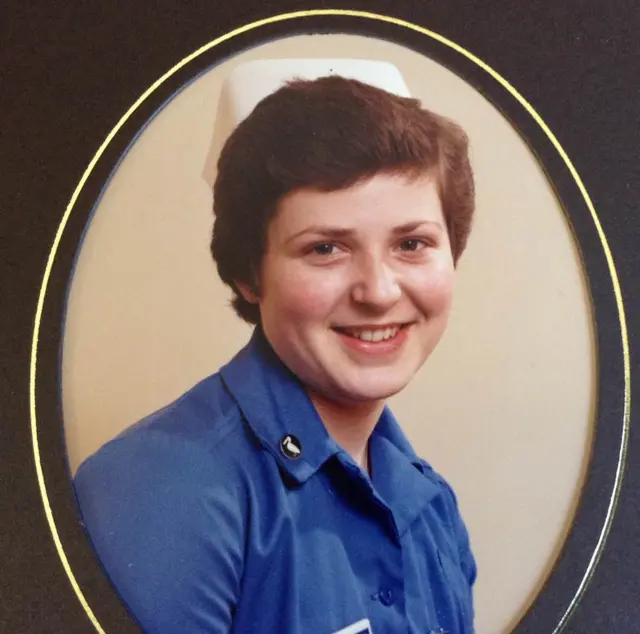NHS at 70: Being a nurse in the 1940s versus nowpublished at 15:50 BST 3 July 2018
Grace and Ethel have both worked in nursing. Grace is 20 and Ethel is 88, but what's changed?
NHS at 70: Being a nurse in the 1940s vs now
Grace Stephenson and Ethel Armstrong have both worked in nursing for the NHS, but they have a 68-year age gap.
While Ethel began her career as a cadet back in 1948, Grace started her training last year.
The women, aged 20 and 88, share their experiences of the NHS during a visit to County Durham and Darlington NHS Foundation Trust.
